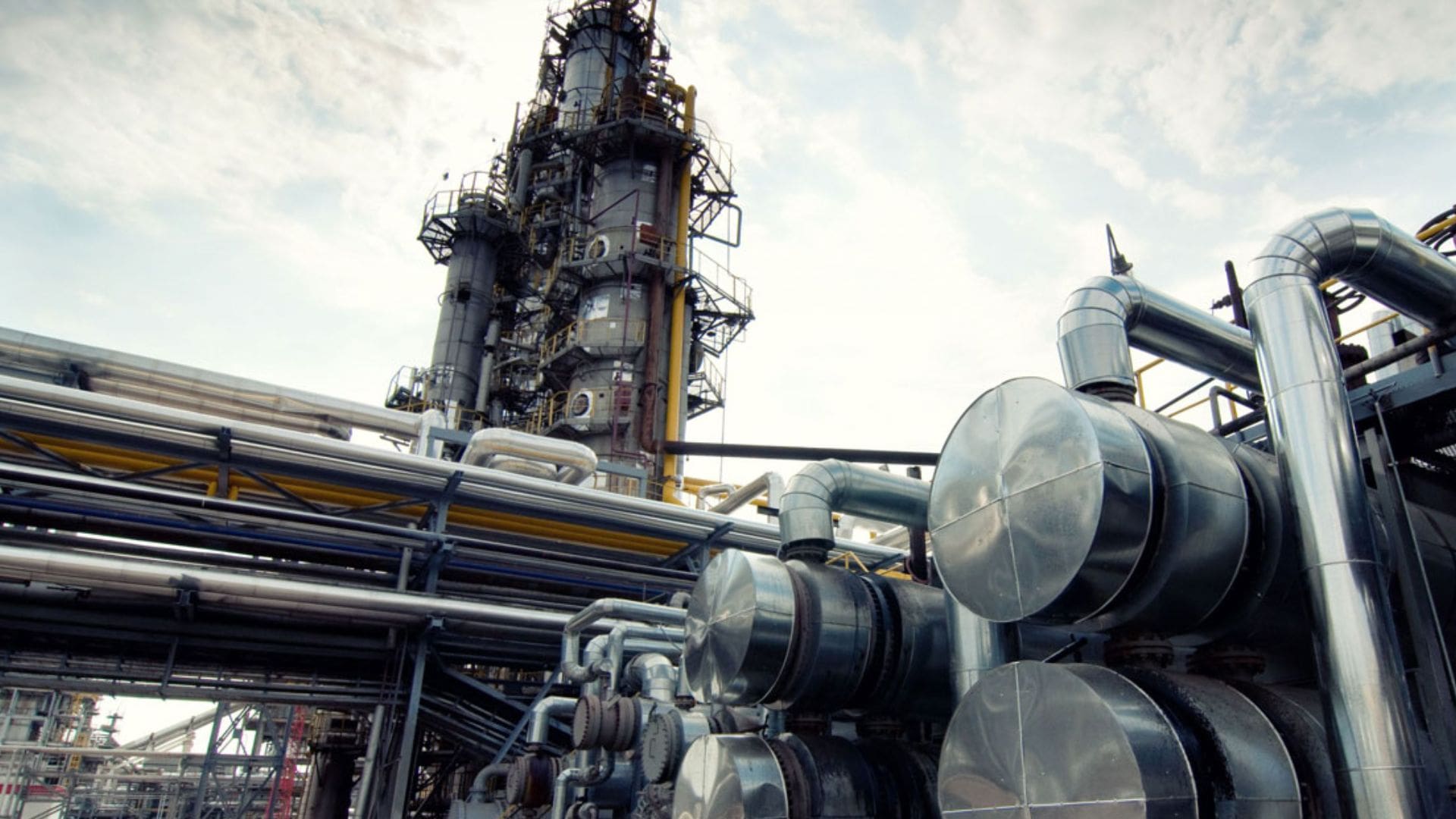Nigeria's Push for Gas Diversification: Unlocking Potential and Addressing Challenges
- Nigeria | 7 October 2020

In a bold declaration, the Minister of State for Petroleum Resources, H.E. Chief Timipre Sylva, proclaimed 2020 as “the year of gas for the nation,” marking a significant shift in Nigeria’s energy focus. This announcement coincided with the Final Investment Decision (FID) on the Train 7 project by the Nigeria Liquefied Natural Gas Ltd (NLNG). With Nigeria’s vast natural gas resources being overshadowed by crude oil, there is immense potential to diversify the economy and tap into the gas industry, which ranks among the world’s top ten. However, several challenges, including gas flaring and inadequate infrastructure, hinder the exploitation of this valuable resource.
The Department of Petroleum Resources (DPR) reported that in April 2019, out of the 1.2 billion cubic feet per day (cf/d) of gas produced locally, 41% was exported, only 48% was utilized domestically, and the rest was flared. To address this issue, the Nigerian Gas Flare Commercialisation Program (NGFCP) was launched, offering oil and gas companies alternatives to gas flaring. Despite the nation’s target to eliminate flaring by 2020, the program’s implementation is being adjusted, requiring an estimated $3.5 billion of inward investment to achieve its goals. The NGFCP aims to reduce waste and encourage the monetization of natural gas, which holds significant potential for power generation and reducing reliance on diesel generators.
Infrastructure limitations pose a significant challenge to gas distribution to households and industrial plants, surpassing the impact of gas flaring. Recognizing this deficit, the Nigerian government has taken steps to address it. One obstacle lies in the pricing of gas, which has been inadequate in recent years. Additionally, there have been issues with tariff collection, forcing companies to sell power to the national grid. However, efforts are underway to rectify these problems and improve the pricing structure. Professor Anthony Adegbulugbe, Chairman of Green Energy International, highlights the government’s focus on addressing infrastructure and pricing challenges to facilitate the use of gas for power and other applications.
To stimulate Nigeria’s gas economy and maximize its potential, the government has embarked on various critical gas projects. These projects aim to enhance infrastructure, address pricing issues, and boost domestic gas penetration. The government’s initiatives demonstrate a commitment to realizing the country’s gas diversification goals. The table below summarizes some of Nigeria’s most vital gas projects, highlighting the comprehensive approach taken to leverage gas resources effectively.
As Nigeria embraces “the year of gas,” the nation stands at a crucial juncture in unlocking the vast potential of its natural gas resources. Overcoming challenges related to gas flaring, infrastructure limitations, and pricing issues will be essential to fully exploit this valuable resource. By prioritizing the development of gas projects, the Nigerian government is paving the way for a thriving gas economy, enabling diversification, reducing waste, and enhancing energy security for the nation.








